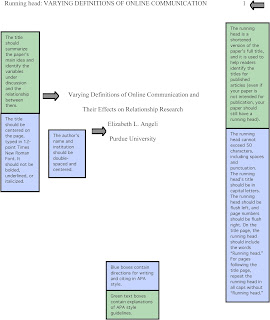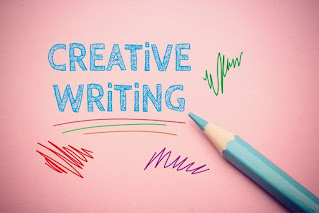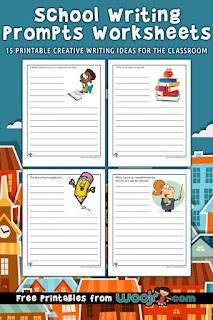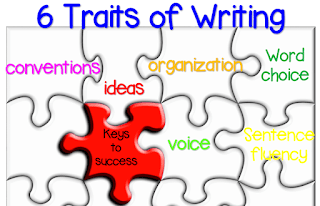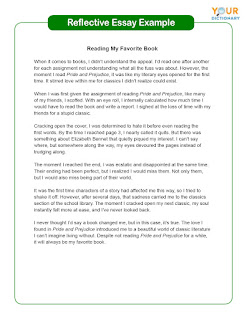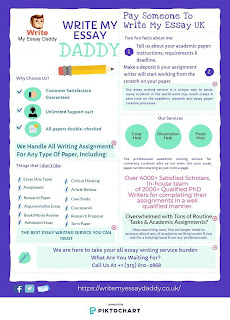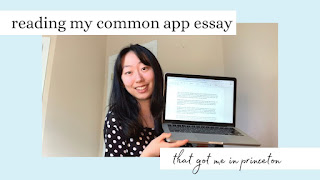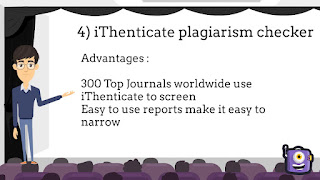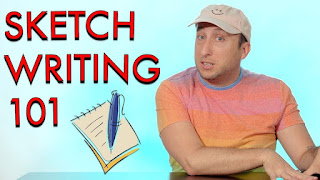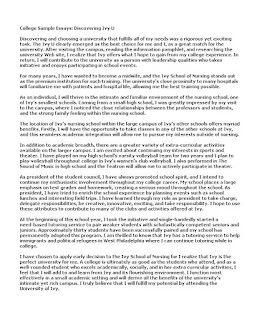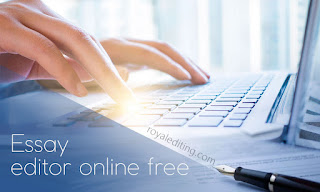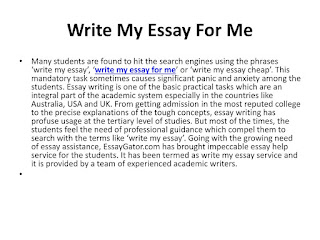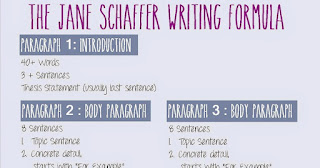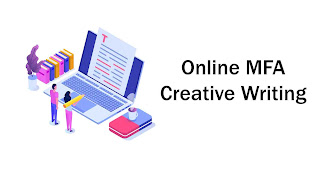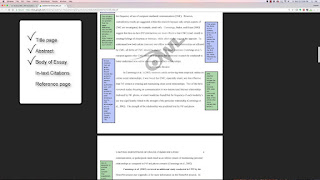APA Essay: A Comprehensive Guide on Writing in APA Format
Introduction
When it comes to academic writing, the American Psychological Association (APA) style has become widely accepted as the standard format. Professors and researchers across various disciplines often require students to write essays following APA guidelines.
The Importance of APA Format
Using APA format in your essays is crucial for several reasons:
- Clarity: APA format ensures consistency and helps readers navigate through your essay with ease. It provides a clear structure, making it simpler to comprehend the content.
- Credibility: Following APA guidelines adds credibility to your research and writing. Properly citing sources and formatting your essay according to APA standards demonstrates your commitment to accuracy and professionalism.
- Academic Requirements: Many educational institutions and disciplines, especially in the social sciences, require the use of APA format for essays and research papers.
Basic Elements of an APA Essay
When writing an essay in APA format, there are specific guidelines to follow:
- Title Page: Include a concise title that summarizes the main idea of your essay, as well as your name and institutional affiliation.
- Abstract: Provide a brief summary of your essay's main points and findings.
- Introduction: Begin your essay with an engaging introduction, presenting the topic and its significance.
- Main Body: Organize your essay into distinct sections with clear headings. Each paragraph should focus on a single main point, supporting it with evidence and analysis.
- Conclusion: Summarize your essay's key points and provide a closing statement.
- References: Include a list of all the sources you cited in your essay, following the APA citation style.
Formatting Guidelines
APA format has specific requirements for font style, size, margins, and spacing. Here are a few key formatting guidelines:
- Use a clear and legible font, such as Times New Roman, in size 12.
- Set 1-inch margins on all sides of the document.
- Double-space the entire essay, including the title, abstract, main body, and references.
- Indent the first line of every paragraph by 0.5 inches.
- Include a running head on the title page and page numbers on subsequent pages.
Conclusion
Mastering the APA format is essential for academic success. By adhering to APA guidelines, you can convey your ideas clearly, present your work professionally, and maintain consistency throughout your essay. Remember to consult the official APA manual or online resources for detailed instructions and examples.
